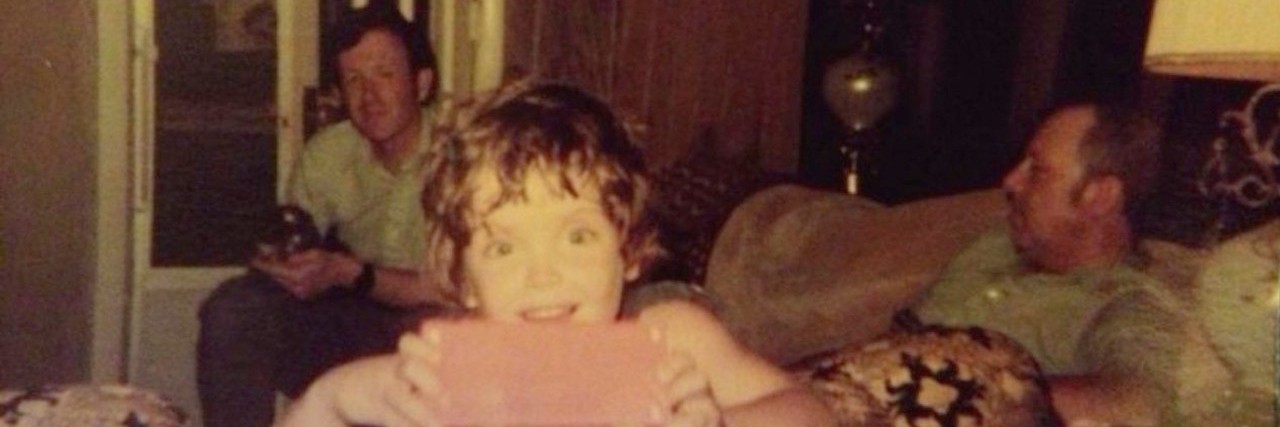Before we get into our topic of the day, I need to offer a caveat: This post is based solely on my experience and doesn’t reflect the entire disabled population as a whole. I offer these insights in hopes of helping others who are going through a challenging time that can be jarring and confusing.
I didn’t realize I was disabled until I was 16 years old.
Seriously.
The fact I was born with spina bifida makes that last statement seem completely illogical. But it’s true. Let me explain.
I grew up the youngest of three in the late ’70s in a small town in the Midwest. Since my sisters were both able-bodied and our town was small, I was normally the only person in a wheelchair and braces around. When I was really little, I was able to get around with just braces.
My parents worked hard to treat me just like my other siblings. I had chores around the house and would get in trouble if my assigned tasks weren’t done.
In school I was mainstreamed into a regular classroom and taken out only for short times for physical and occupational therapy. Those were the only times I was treated differently from my classmates. I was also the only disabled student in my kindergarten, elementary and middle school classes.
This was all well and good. It helped me develop friendships that were based on who I was as a person and not on my disability. I was able to develop a thick skin. But there was one drawback I experienced.
It’s a funny thing being a kid. You don’t think much about the future. When you do, sometimes the things you had imagined for yourself turn out differently.
And so it wasn’t until I was 16 and in high school that I realized I had a disability. And there was nothing I could do to ever change that.
Whoa. Heavy stuff.
There was definitely an exact moment when it hit me. And it felt like a ton of bricks (I know this is an overused colloquialism, but, in this case, it’s the truth). In that moment, I froze.
So how did I get through it and come out stronger on the other side? I’m glad you asked:
1. Verbally saying your diagnosis aloud can help you to accept it. Writing it down in a journal can also be cathartic.
2. Seek professional help. This was the best thing I was able to do with the help of my parents. It was also during this time we discovered I had been living with a chemical imbalance, which caused depression for a long time prior to this experience. There’s no shame in seeking outside help.
3. To parents, listen to your child. It may seem strange they’re just now coming to terms with reality, but hearing their words and validating their feelings will go a long way towards healing.
4. Take a day. Again, this realization can be quite jarring. Taking a day to reflect might be a helpful technique. I know for myself that taking a day off school helped me to focus.
You can and will get through this and come out stronger on the other side. I’m pulling for you!
Follow this journey on Be Anxious About Nothing.
The Mighty is asking the following: What is a part of your or a loved one’s disease, disability or mental illness that no one is aware of? Why is it time to start talking about it? If you’d like to participate, please check out our Submit a Story page for more about our submission guidelines.

